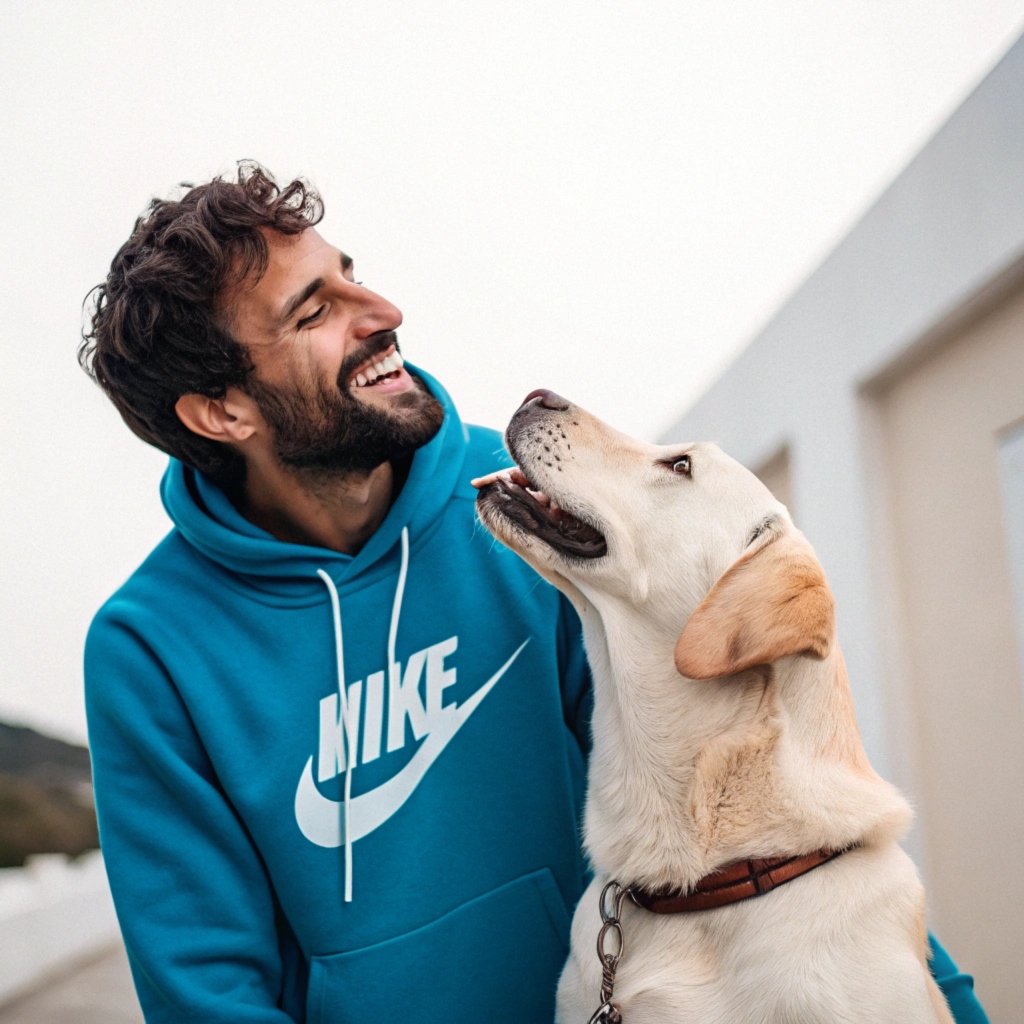11 Training Tips for Boston Terrier Owners
Ever wondered how to bring out the best in your lively Boston Terrier? Known for their friendly demeanor and boundless energy, Boston Terriers are a joy to have but can be quite a handful if not properly trained.
With the right approach, you can ensure your Boston Terrier grows into a well-mannered and happy member of the family.
1. Start Training Early
Begin training your Boston Terrier as soon as you bring them home. Puppies are incredibly receptive to learning new behaviors and routines.
Consistency is key; make sure everyone in the household uses the same commands and techniques. Early training lays the foundation for a well-behaved adult dog, making future training much easier. In my years of training Boston Terriers, I’ve seen how starting early prevents many behavioral issues later on.

2. Socialization is Essential
Boston Terriers are naturally sociable, but early socialization is crucial. Expose your Boston Terrier to various environments, people, and other animals.
🍲 50 Printable Dog Food Recipes Your Pup Will Love
Skip the fillers and preservatives. Make healthy, homemade meals your dog will actually eat — using everyday ingredients you already trust. Vet-friendly, budget-friendly, and super easy to follow. 🐾
Perfect for picky eaters, senior dogs, and pups with sensitive stomachs. Make mealtime simple and nutritious again.
Get the Recipes Now 🐶This helps them grow into confident and well-adjusted adults. Take them to parks, on walks around the neighborhood, and invite friends over regularly. The more experiences they have, the better they will handle new situations. I’ve found that early socialization leads to more adaptable and less anxious dogs.
3. Use Positive Reinforcement
These dogs respond exceptionally well to positive reinforcement. Reward good behavior with treats, praise, and playtime.

Avoid harsh punishments, as they can lead to fear and anxiety. Instead, focus on encouraging the behaviors you want to see. Positive reinforcement makes training enjoyable for your Boston Terrier and strengthens your bond. High-value treats, like small pieces of chicken, can be particularly motivating during training sessions.
4. Crate Training for Security
Crate training provides your Boston Terrier with a safe and secure space and is incredibly useful for house training. Introduce the crate positively, making it a comfortable den rather than a place of confinement.
Use treats and toys to encourage your dog to enter the crate willingly. Gradually increase the time they spend in the crate, ensuring they associate it with positive experiences.
With patience and positive reinforcement, most dogs come to love their crates as their own special space.

5. House Training with Consistency
House training a Boston Terrier requires patience and consistency. Take your puppy outside frequently, especially after meals, naps, and playtime.
Praise and reward them immediately when they eliminate outside. Be patient with accidents and avoid punishment, as it can create fear and confusion. Consistent house training routines lead to quicker and more reliable results. Using the same door for potty breaks helps your dog understand where to go.
6. Provide Regular Exercise
Although small, Boston Terriers have moderate energy levels and require regular exercise. Daily walks, playtime, and mental stimulation are essential to keep them healthy and happy.
Exercise not only keeps your dog fit but also prevents boredom, which can lead to destructive behaviors. Interactive play sessions, like fetch or tug-of-war, engage their bodies and minds.

7. Mental Stimulation is Crucial
In addition to physical exercise, Boston Terriers need mental stimulation to stay happy and healthy. Incorporate puzzle toys, training games, and interactive activities into their daily routine.
Mental challenges keep their minds sharp and reduce the likelihood of destructive behaviors. Rotating toys and introducing new games regularly keeps their interest piqued.
8. Teach Basic Commands
Boston Terriers are intelligent and eager to please. Teach basic commands such as sit, stay, come, and down to establish a foundation for good behavior.
Use positive reinforcement and keep training sessions short and fun. Cavaliers pick up commands quickly, especially when training is treated as a game. Reinforce these commands regularly and practice them in different environments to ensure your dog can obey even with distractions.

9. Address Behavioral Issues Early
Like all dogs, Boston Terriers can develop behavioral issues if not addressed early. Common issues include excessive barking, chewing, and jumping.
Tackle these problems as soon as they arise to prevent them from becoming habits. For instance, if your Boston Terrier barks excessively, try to determine the cause and address it. Provide plenty of mental and physical stimulation to reduce boredom, which often leads to these behaviors.
10. Grooming and Handling Training
Boston Terriers have short coats that require regular grooming. Acclimate your dog to being handled and groomed from a young age.

Make grooming sessions positive by using treats and praise. Regular brushing helps manage shedding and keeps their coat healthy. Additionally, get them used to having their nails trimmed and ears cleaned.
Consistent grooming routines can make Boston Terriers more comfortable with being handled, reducing stress for both the dog and owner.
11. Show Love and Affection
Training a Boston Terrier requires a balance of discipline and affection. Build a strong bond with your Boston Terrier through positive interactions, cuddles, and playtime.
A dog that feels loved and secure is more likely to respond well to training and be eager to please. Spend quality time with your Boston Terrier every day, ensuring they feel like a valued member of the family. A loving relationship can transform a dog’s behavior, making them more receptive to training and happier overall.
Frequently Asked Questions (FAQ)
How do I stop my Boston Terrier from jumping on people?
Train your Boston Terrier to greet people calmly by teaching the “sit” command. Reward them for sitting and staying calm when guests arrive. Consistent training and positive reinforcement are key to managing this behavior.
How can I reduce my Boston Terrier’s separation anxiety?
Gradually accustom your Boston Terrier to being alone by starting with short periods and gradually increasing the time. Provide mental stimulation and comfort items to ease their anxiety. Consistent training and positive reinforcement can help manage separation anxiety effectively.
What are the best toys for Boston Terriers?
Boston Terriers enjoy toys that challenge their minds and bodies. Puzzle toys, interactive toys like treat-dispensing balls, and durable chew toys are excellent choices. Rotate toys regularly to keep your dog engaged and prevent boredom.

Conclusion
Training a Boston Terrier can be a rewarding experience for both you and your dog. By starting early, using positive reinforcement, providing plenty of exercise and mental stimulation, and being patient, you can help your Boston Terrier become a happy, well-behaved member of your family.
Remember, every Boston Terrier is unique, so tailor your training to your dog’s individual needs and personality. With love and dedication, you’ll build a strong bond with your Boston Terrier that will last a lifetime.

I’ve spent 10+ years in dog training, digging into what makes dogs (and their humans) tick. At Smart Dog Learning, I share my no-nonsense, fun approach to training so you can enjoy life with a well-behaved, happy pup—no boring lectures, just practical results 😉





